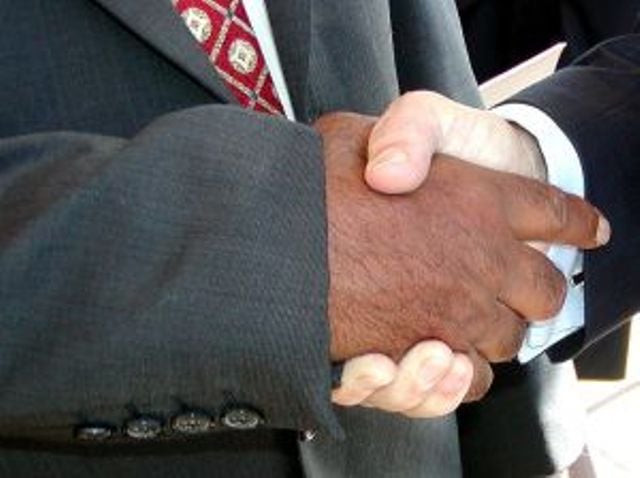Some pragmatism, finally
Pakistan has long-term economic and governance problems that cannot be solved in quick time.

Pakistan reiterated its position on al Qaeda: “Osama bin Laden was an enemy of Pakistan. Al Qaeda had declared a war on Pakistan and launched a wave of suicide attacks against its people. Pakistan is now being hit by a spate of revenge attacks.” The American assurance on future attacks on high-value targets, came in the wake of General Kayani’s briefing to Senator Kerry about the “intense feelings in the rank and file of the Pakistan Army over the Abbottabad incident”. And Pakistan digested the message Mr Kerry had brought from Washington: To cooperate or accept an aid cut-off from the US. An important part of the give-and-take was Mr Kerry’s personal assurance “written in blood”, that the US was not interested in taking out Pakistan’s nuclear arsenal. The visit has managed the patch-up it promised; and pledges have been made by both sides to expand and deepen bilateral cooperation against terrorism. The blocked information pipeline between the ISI and the CIA will be opened, but the rest of the plan for renewed cooperation will probably unfold in the coming days when the American side is forthcoming on the greatly-occluded civilian aid pipeline. The thaw was also expressed through Pakistan’s willingness to return the wreckage of the helicopter lost during Operation Geronimo.
Senator Kerry will now go back home to strengthen his so-called pro-Pakistan lobby which is not in favour of punitive measures against Islamabad. His advocacy will be buttressed by the joint statement and the content of the “frank and candid” exchange he has had with Pakistani leadership. More visits from the US, in quick succession, are planned to smooth the disturbed feathers of this equation. This diplomacy will be needed to prevent a rocky year so far in US-Pakistan relations from getting any worse.
Pakistan has chosen to ignore the extreme views — and some lies — recommending strategic defiance and jihad against America. For instance, a former army chief was has been quoted as saying that Osama bin Laden was not killed in Abbottabad and that his look-alike was brought from Bagram Jail and killed in front of Osama’s family. He said Bin Laden had been killed much earlier in Afghanistan and his body was still being kept in cold storage. He said that the drama of Abbottabad was staged to make President Obama win his second election and to corner Pakistan before destroying its nuclear weapons. Pakistan has ignored the ‘ghaibana’ funerals offered for Bin Laden all over Pakistan by the banned jihadi organisation Jamaat-ud-Dawa and has, also, not taken heed of Lal Masjid cleric Abdul Aziz’s assertion that he was ready to adopt Bin Laden’s children. The latter has said: “This is as much a murder as the murder of my brother Ghazi. Osama bin Laden is a hero for us and for every Muslim.”
The Manichaean Pakistani mind thinks that Islamabad should take an either/or one-time option in which the US is rejected in favour of either Russia or China, or both together. Neither Russia nor China is in a state of cold war with the US; in fact both are in the process of improving their already close economic contacts with it, in the interest of their economies. Pakistan has long-term economic and governance problems — corruption and the narrow tax-net — that cannot be solved in quick time and needs assistance from its friends. In an either/or option, it tends to lose rather than gain. Keeping all its friends inclined in its favour, it has to face the facts on ground and not listen to extremist voices of which there is no dearth.
Published in The Express Tribune, May 18th, 2011.














COMMENTS
Comments are moderated and generally will be posted if they are on-topic and not abusive.
For more information, please see our Comments FAQ